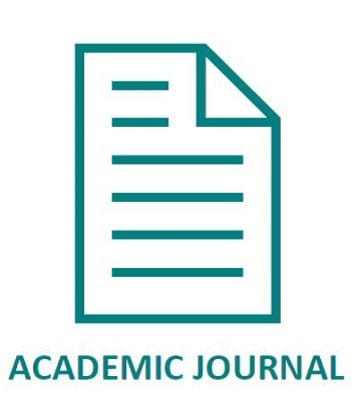Regulatory renovation for managed aquifer recharge using alternative water resources: a Western Australian perspective
Abstract
Managed aquifer recharge is increasingly used worldwide as a means of storing treated wastewater and stormwater for later use. This article proposes three areas in which to assess the effectiveness of legal frameworks governing managed aquifer recharge: rights to access alternative water resources; legal requirements concerning the quality and quantity of recharged water; and rights to extract recharged water. After providing examples of managed aquifer recharge projects in Perth, Western Australia - a highly prospective area for such projects given the pressure on groundwater resources from a drying climate and increasing demand - the article reviews Western Australia's laws in these three areas. It finds that Western Australia's water, health and environmental legislation, which was designed on the basis of a traditional linear paradigm of water resource use and disposal, is not well suited to regulating managed aquifer recharge. The article makes some recommendations for regulatory reform in Western Australia, which are likely to be relevant for other jurisdictions whose laws are based on traditional assumptions about water use and disposal.
